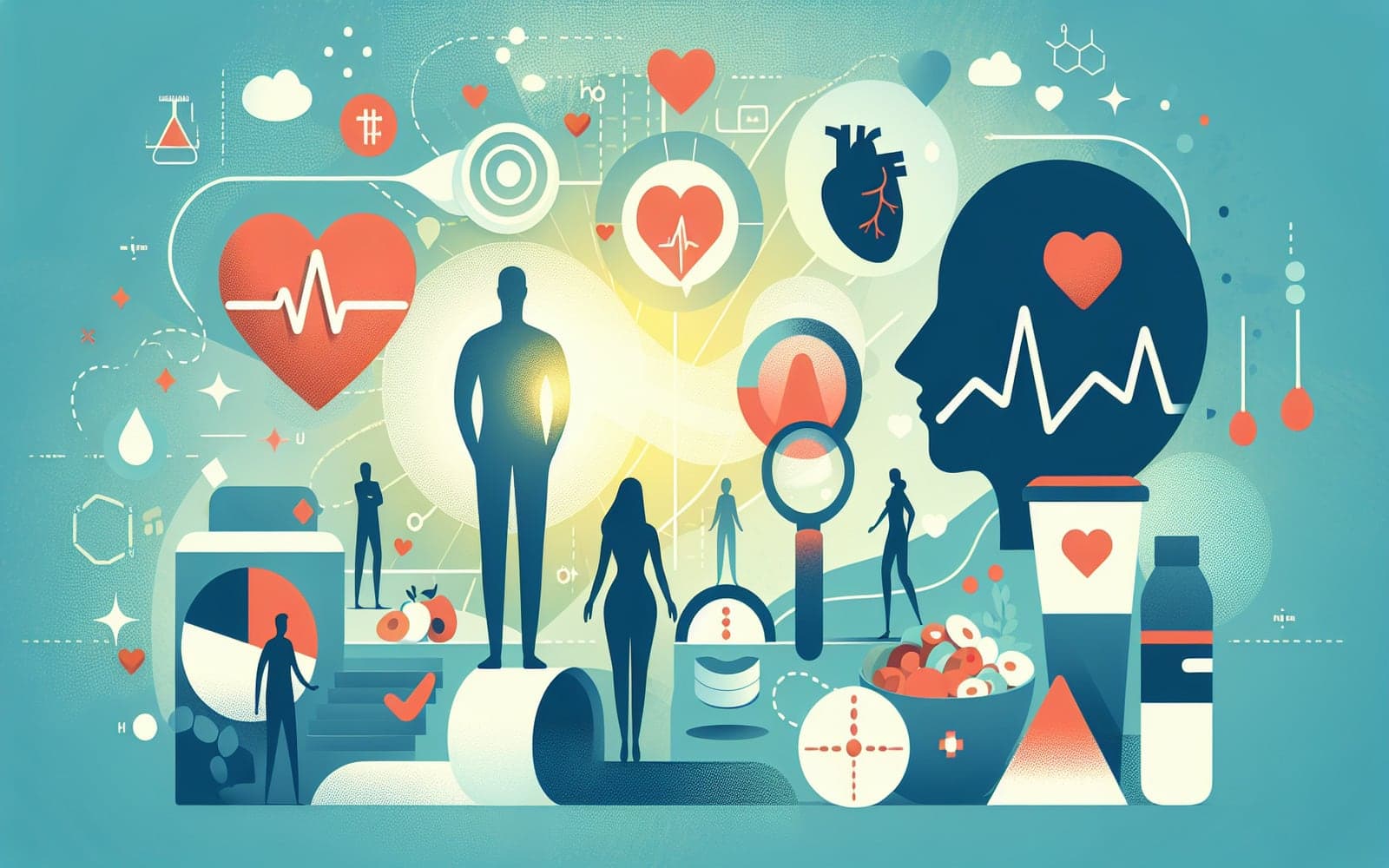Can Your Diet Really Lower Your Cholesterol?
Can Your Diet Really Lower Your Cholesterol?
What's This About?
Lowering cholesterol isn't just about medication. Did you know that your diet can play a significant role in managing cholesterol levels effectively?
Contents
- Understanding Cholesterol
- Foods That Can Help
- Foods to Avoid
Understanding Cholesterol
Cholesterol is a fatty substance found in your blood. It comes from two main sources: your liver and the food you eat. While your body needs some cholesterol to function properly, too much can lead to serious health problems like heart disease.
Foods That Can Help
Certain foods can help lower cholesterol levels. These include oats, barley, nuts, and fatty fish such as salmon and mackerel. These foods contain soluble fiber and healthy fats that help reduce bad cholesterol.

Foods to Avoid
On the other hand, it's important to avoid foods high in saturated fats and trans fats. These include red meat, full-fat dairy products, and fried foods. These types of foods can increase bad cholesterol and your risk of heart disease.
FAQs
Can diet alone lower cholesterol?
Diet can significantly lower cholesterol but sometimes medication is also needed.
What are good foods for lowering cholesterol?
Foods like oats, nuts, and fatty fish are great for lowering cholesterol.
Which foods should be avoided?
Avoid foods high in saturated and trans fats like red meat and fried foods.
Is all cholesterol bad?
Not all cholesterol is bad; your body needs some to function.
Key Takeaways
While diet changes can effectively lower cholesterol, always consult with a healthcare provider for personalized advice.
Additional References
- Rosenson RS, Hegele RA, Koenig W. Cholesterol-Lowering Agents. Circ Res 2019; 124:364.
This article has been reviewed for accuracy by one of the licensed medical doctors working for Doctronic.











